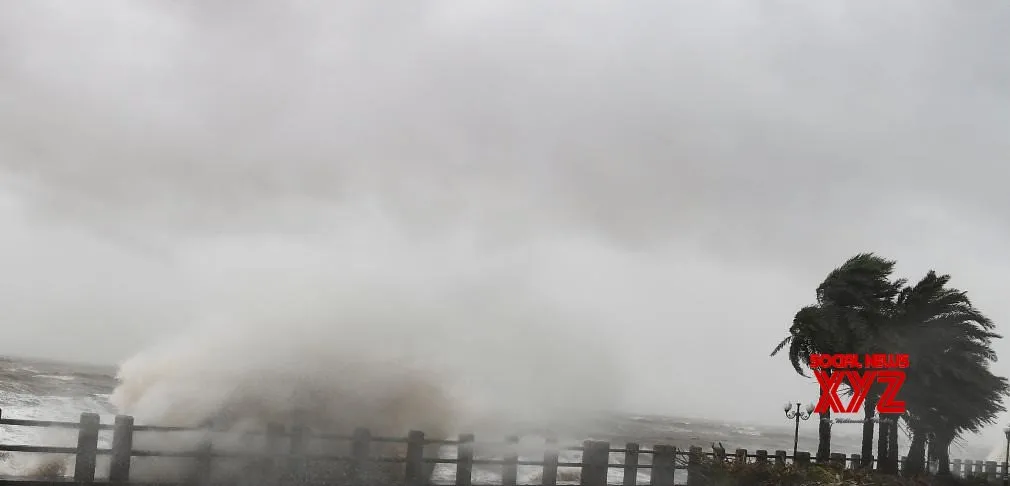By Blox Content Management
Copyright berkshireeagle

To the editor: Short-term rentals are businesses. (“Pittsfield City Council approves regulations for short-term rentals,” Eagle, Sept. 12.)
They are located in residential neighborhoods but did not need to go through zoning approvals or be built to standards of commercial lodging, yet that is what they are. The day of an elderly widow renting out a room to pay her taxes is mostly gone. Most of these rentals are owned by folks who bought them for the express purpose of doing this as a business.
Meeting safety regulations, being taxed at commercial rates and paying personal property taxes on furnishings recognizes this incongruity. (“Lenox short-term rental hosts vent as new regulations loom,” Eagle, Sept. 26.) If you never rent to long-term tenants, it’s a lodging business. If you live in the house some large amount of the year and can document that fact (tax returns, census forms, etc.) and are there 270 days a year — well, then some rental income should not make your home needing full compliance as a business would need.
Booking lodging on an app should not make what is otherwise a commercial endeavor something other than what it is. In many towns in places like the Berkshires and Cape Cod, these rentals reduce the supply of long-term housing for residents. They drive up the price of housing because paying another $25,000 or $40,000 in some towns will come back to you in maybe a year and a half or two years.
Now, I also get the flip side. During COVID, the Housing Court shut down, and landlords who had legitimate nonpaying or lease-violating tenants had no recourse, while they essentially needed to allow bad tenants to occupy their units. Many people simply took units off the market if they had small mortgages or turned to renting these units out in the short-term universe, never worrying about what happens if a tenant relationship turns bad.
But since short-term rentals are here to stay, we should treat them as what they are: businesses. Tthey should meet all of the standards any lodging house needs to meet. A monitored alarm system is not unreasonable, especially when a building has no owner on-site. These rules and changes in the Building Code, while not perfect, do set a standard that now makes property owners run these places like businesses — especially when they bought it to run as a business anyway.
Dave Pill, Pittsfield



